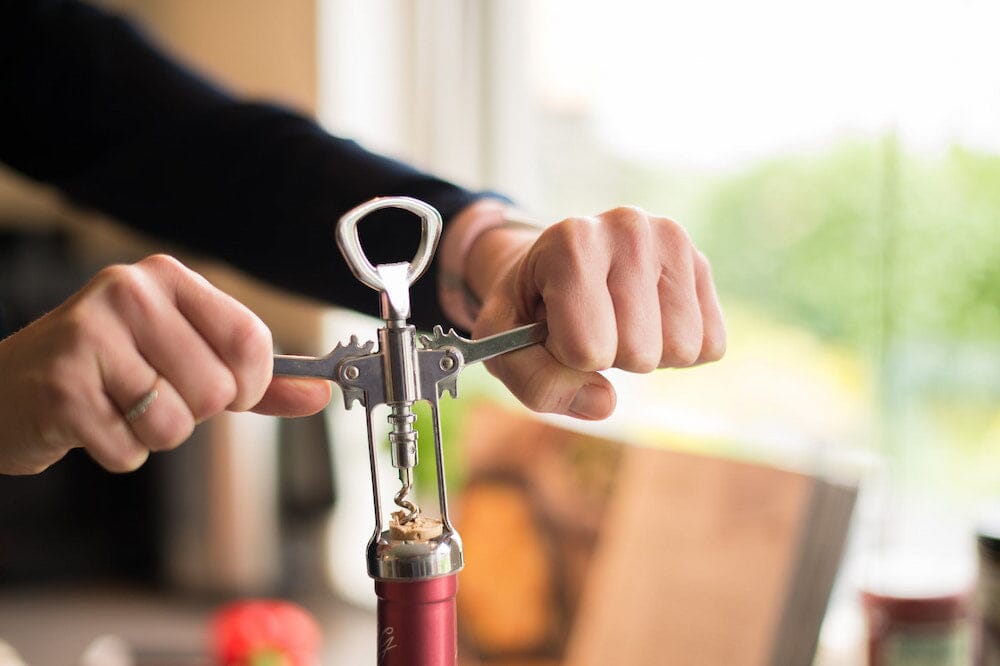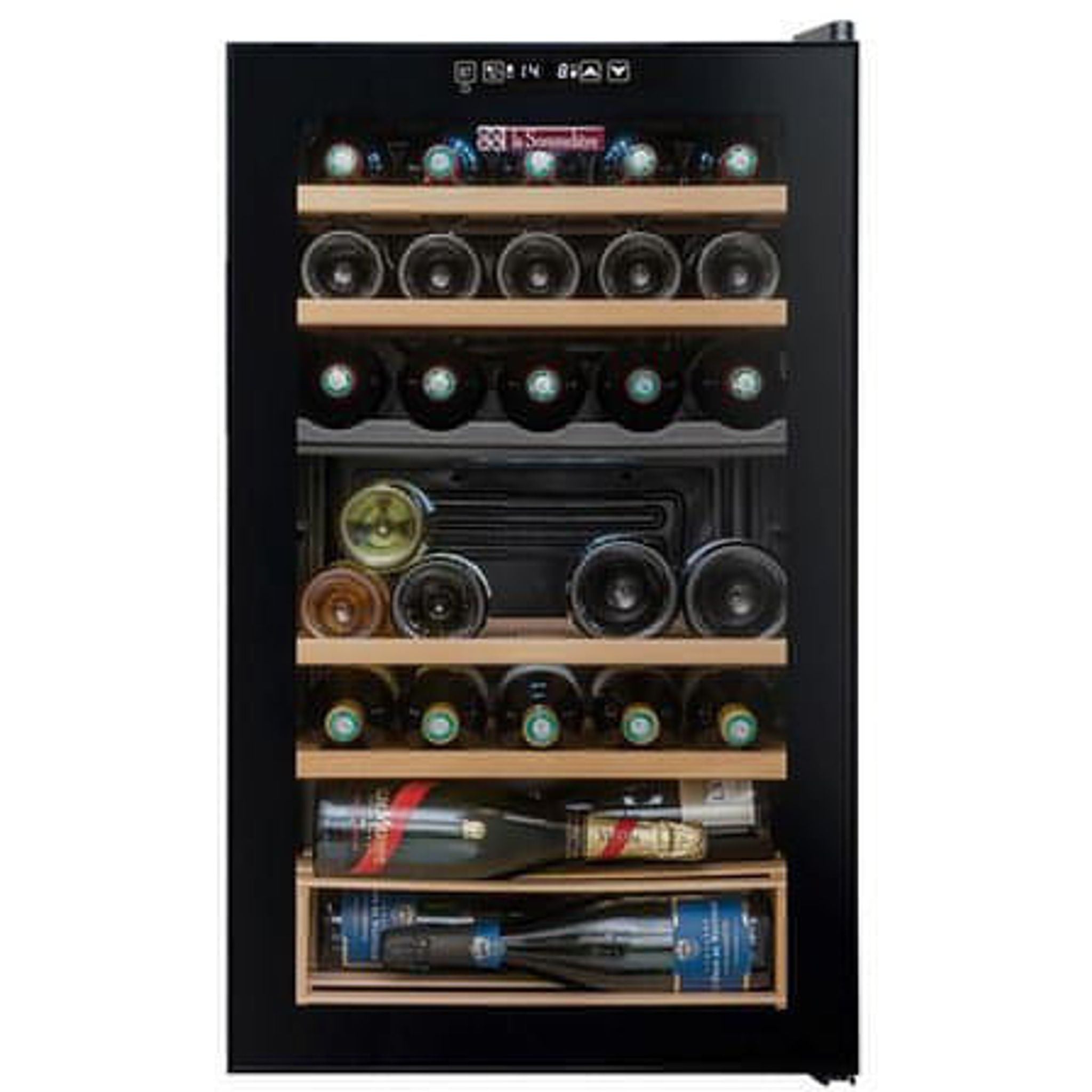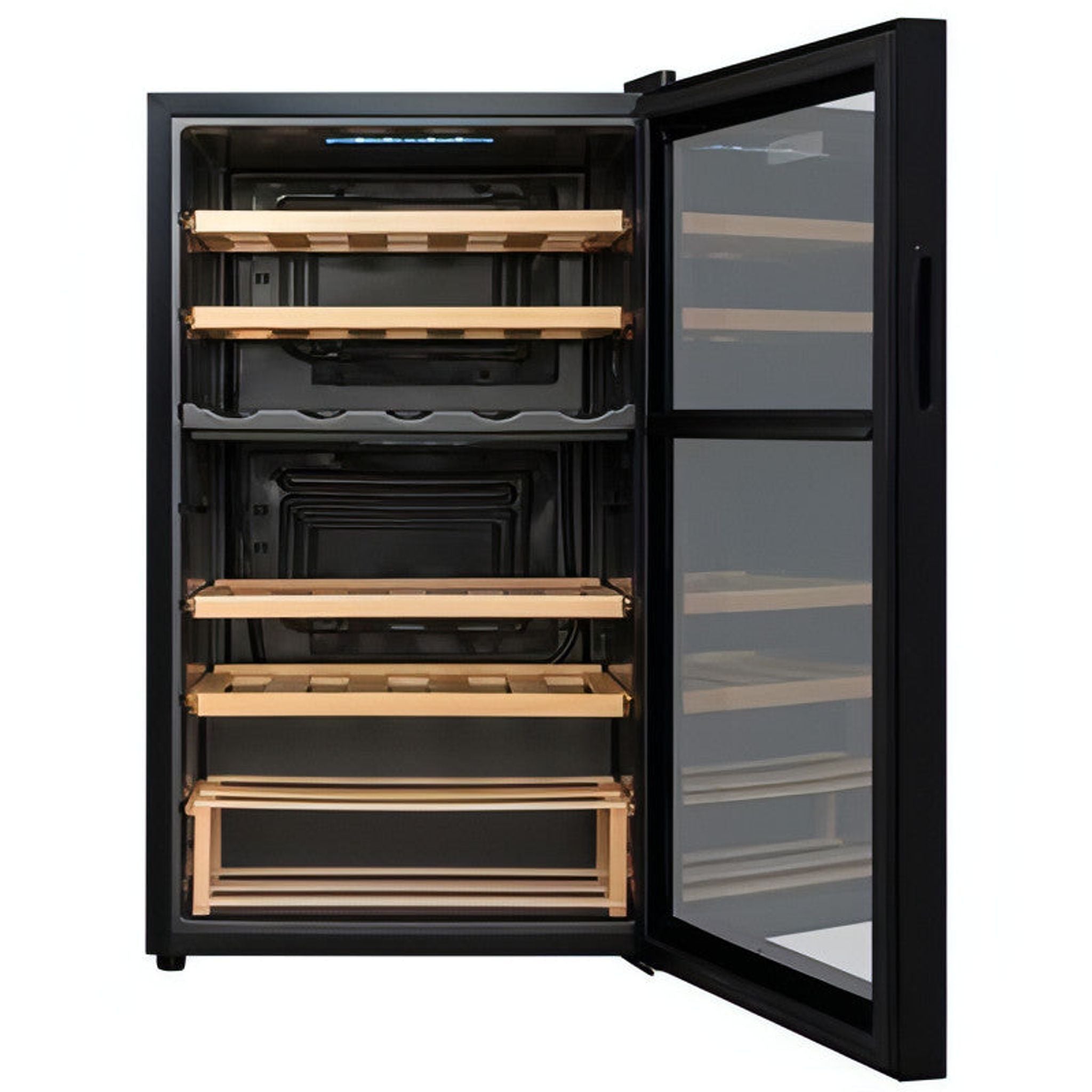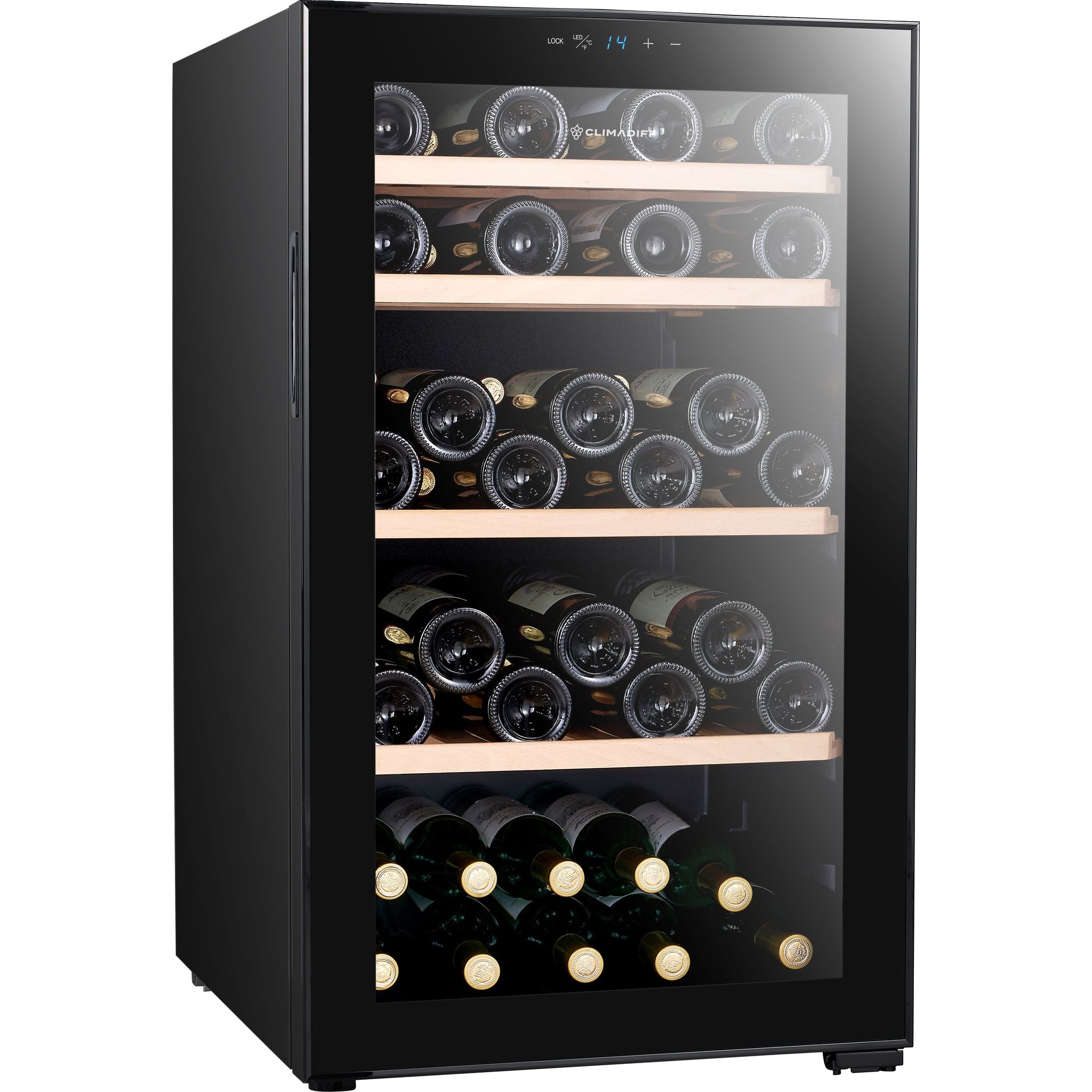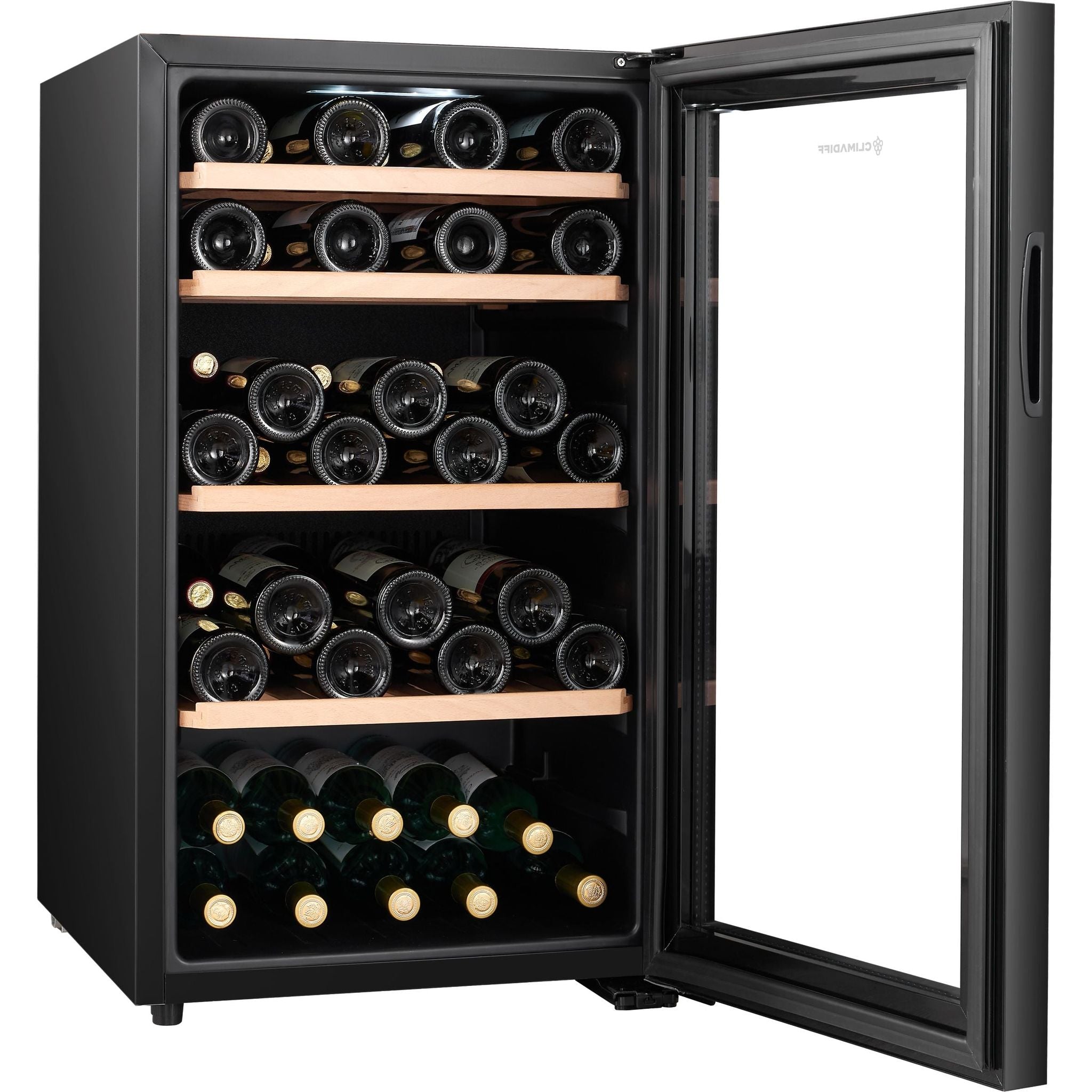When it comes to wine, there’s something special about uncorking a bottle - the satisfying pop is a sound enjoyed by wine lovers around the globe.
But have you ever wondered what exactly cork does for wine? In this blog post, we’ll be exploring the purpose of wine corks as well as their characteristics. We’ll also be exploring potential alternatives to wine corks - so read on for more.
The Purpose of a Wine Bottle Cork
Wine bottle corks serve a vital role in preserving and ageing wine. Traditionally made from the bark of the cork oak tree (Quercus suber), these natural closures provide an airtight seal, preventing excessive oxygen exposure to the wine. Oxygen plays a crucial role in the ageing process - however, too much oxygen can lead to oxidation, spoilage, and loss of flavour.
Too much oxygen can lead to oxidation. This can not only cause loss of flavour, but can cause the wine to lose its vibrant colours, develop undesirable flavours, and lose its freshness and aroma. Oxidation can also result in the breakdown of delicate compounds, such as tannins, leading to a flatter and less complex wine.
Properly sealed bottles with controlled oxygen exchange allow the wine to mature gracefully, but too much oxygen accelerates the ageing process, leading to premature deterioration. Managing oxygen exposure is crucial to preserving the wine's character and ensuring an enjoyable drinking experience.
Thankfully, the unique structure of cork allows it to expand and create a snug fit within the bottleneck, which ensures a nearly airtight seal. This seal helps to regulate the flow of oxygen into the wine, allowing for a slow and controlled exchange over time.
This ultimately contributes to the wine's development and complexity. The gradual introduction of oxygen facilitates the wine's maturation, softening tannins, and enhancing its aromatic profile.
Characteristics of a Wine Bottle Cork
The properties of cork make it an ideal material for wine bottle closures. The natural elasticity and compressibility of cork allow it to be inserted easily into the bottleneck while still providing a secure seal. Likewise, cork possesses excellent resistance to microbial growth, preventing the infiltration of bacteria and other harmful microorganisms that could spoil the wine.
Cork's ability to self-heal is another remarkable characteristic. When a cork is removed, it will slowly regain its shape and reseal the bottle to a certain extent. However, this feature is limited - and once a bottle has been opened, the ageing process accelerates due to increased oxygen exposure.
If you're wondering how to use a corkscrew effectively, we have you covered - check out this blog on how to use a corkscrew.
Wine Corks and Wine Storage
Wine corks and humidity are intertwined in a delicate relationship that can significantly impact the quality and longevity of bottled wine. Humidity levels play a crucial role in maintaining the integrity of the cork and preserving the wine's character over time.
Corks are hygroscopic, meaning they can absorb and release moisture from their surroundings. They require a specific level of humidity to stay in optimal condition. If the environment is too dry, corks can dry out and shrink, resulting in a compromised seal. This can lead to increased oxygen exposure, accelerating the ageing process and potentially causing premature oxidation or spoilage of the wine.
On the other hand, excessive humidity can cause corks to swell and expand, making them difficult to remove or reinsert into the bottle. This can lead to issues when opening the wine, including crumbling or breaking of the cork, and potentially contaminating the wine with cork particles.
Ideally, a humidity level between 50% and 80% is recommended for storing wine. This range helps keep the cork moist enough to maintain its elasticity and ensure a proper seal while avoiding over-expansion. Wine cellars or storage areas equipped with humidity control systems or wine refrigerators with built-in humidity management can help create an optimal environment for wine storage.
By maintaining appropriate humidity levels, wine enthusiasts can safeguard the quality and ageing potential of their bottled wines, ensuring that each uncorked bottle delivers the intended flavours and aromas that make wine drinking a delightful experience.
Are There Any Alternatives to Corks?
In recent years, alternative wine closures have gained popularity as winemakers explore different options. Synthetic corks, made from materials such as plastic or composite compounds, attempt to replicate the qualities of natural cork while avoiding the risk of cork taint—an unpleasant musty or mouldy smell that affects a small percentage of natural corks.
Screw caps have also become increasingly prevalent, particularly for wines meant to be enjoyed while young and fresh. Screw caps provide a reliable seal, are easy to open and close, and eliminate the risk of cork taint entirely. However, some argue that the absence of oxygen exchange may hinder a wine's ability to develop complex flavours over time.
Glass stoppers, similar to those found in spirits bottles, are another alternative gaining traction. These stoppers offer an elegant and reusable solution, providing an airtight seal while allowing for controlled oxygen exchange.
Which Type of Wine Closure is Best?
The choice of wine closure—natural cork, synthetic cork, screw cap, or glass stopper—is a subject of ongoing debate in the wine industry. Advocates for traditional cork argue that it is the most sustainable option, as it is a natural and renewable material. They also believe that the slow oxygen exchange provided by cork contributes to the wine's quality and ageing potential.
On the other hand, proponents of alternative closures highlight the consistency and reliability they offer, reducing the risk of wine faults and ensuring a more predictable product. Moreover, alternative closures are often more cost-effective, easier to use, and eliminate the need for specialised wine-opening tools.
How Else Can I Protect My Wine?
Wine bottle corks play a crucial role in preserving and ageing wine, offering a delicate balance between oxygen exposure and wine development. Their unique properties, such as elasticity and resistance to microbial growth, make them ideal for this purpose.
However, with the emergence of alternative closures, the debate surrounding the best closure method continues. Whether it's the charm of the traditional cork or the convenience of screw caps and other alternatives, the choice ultimately lies in the hands of winemakers and wine lovers, who must strike a balance between tradition, innovation, and their personal preferences.
Take your wine preservation a step further and store your wine in a wine cooler. Wine coolers protect your wine from the elements - they maintain humidity levels, protect your wine from UV light, reduce vibrations, and, of course, keep your wine at a steady temperature.
Explore our wide product range of wine coolers today at Elite Wine Refrigeration. Our built-in range can fit seamlessly into your kitchen, as can our quality integrated units.
Our freestanding wine cooler options can be placed anywhere in your home, whether it be your living room, kitchen, or even your gym or garage. At a good price, you can store your wine in the best way with Elite Wine Refrigeration.

